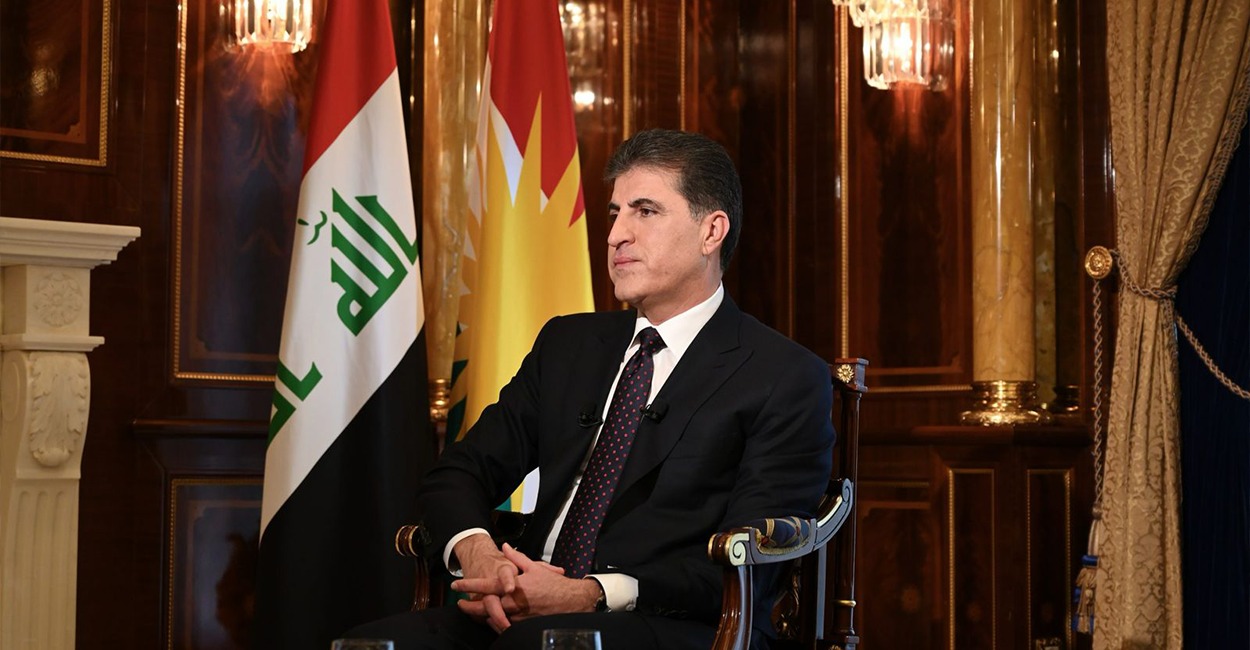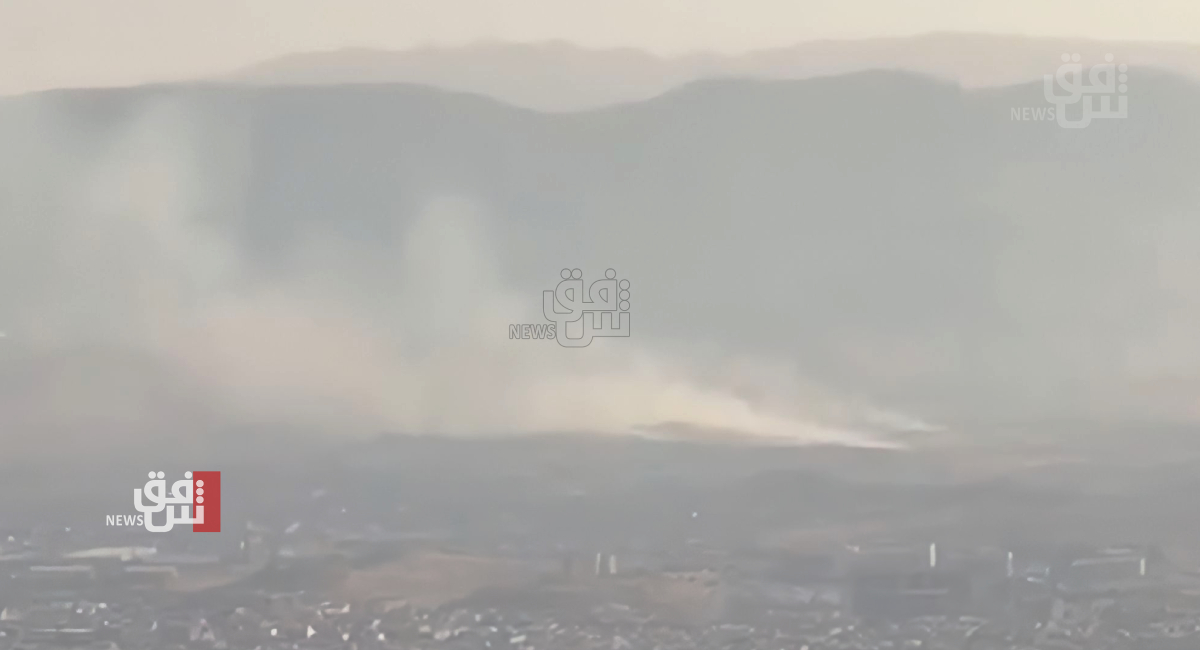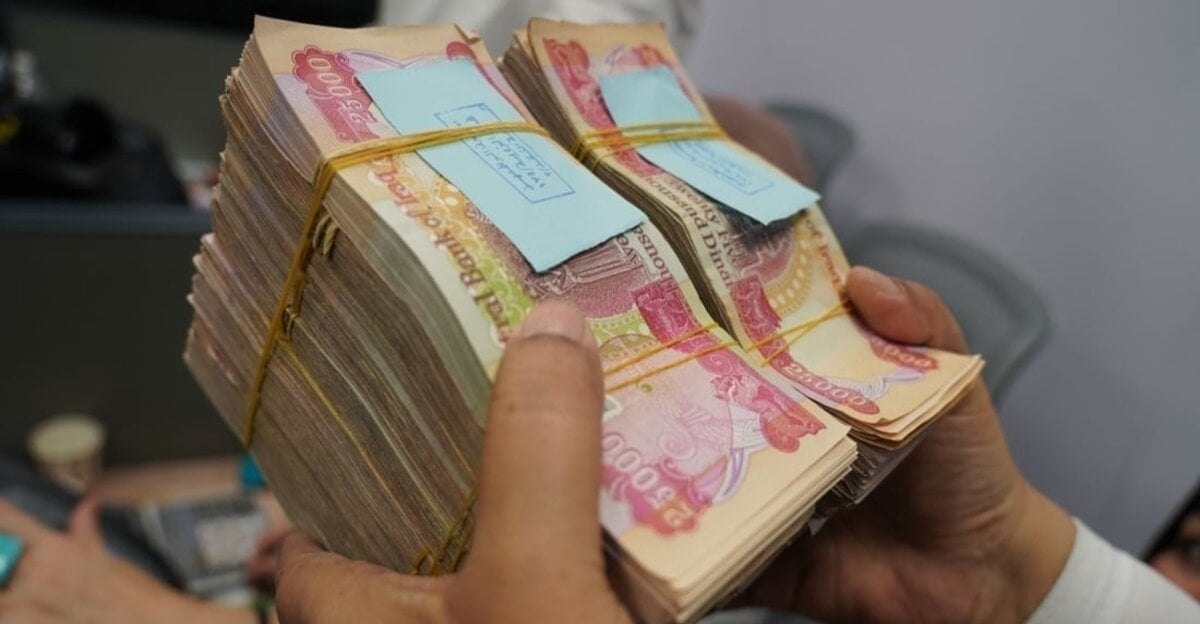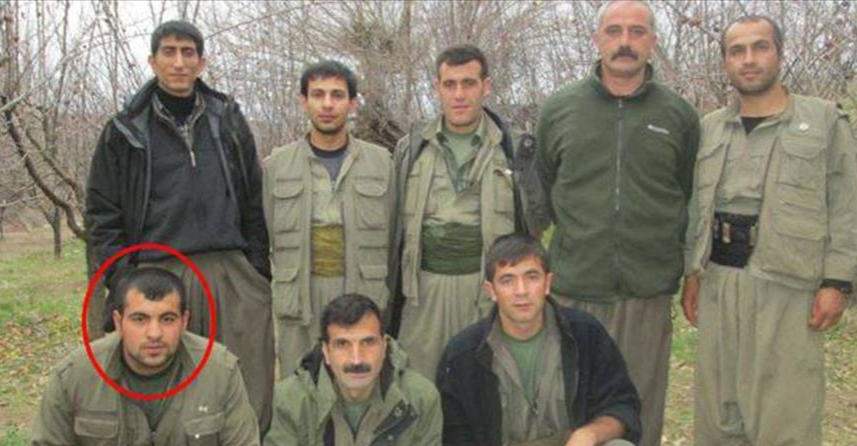Kurdistan election monitoring coalition alerts against early campaigning

Shafaq News/ On Tuesday, the Coalition of Networks and National Organizations for Election Monitoring revealed the existence of pre-campaign activities in the Kurdistan Region, particularly on social media, ahead of the officially designated campaign period, raising concerns about escalating provocative and hostile statements that threaten the electoral process.
The coalition urged political parties, candidates, media outlets, and social media platforms to be cautious about election promotion and the media discourse from competing parties ahead of the upcoming sixth parliamentary elections in Kurdistan, scheduled for October 20, 2024.
The coalition noted that since the presidential decree was issued, the Independent High Electoral Commission has been intensifying preparations for the elections. As the election date approaches, the activities of competing political lists have also ramped up.
Observers and citizens have noticed that many candidates have already started their promotional campaigns, particularly in the media and on social media platforms, sharing their numbers or the lottery results of their parties. This trend has been accompanied by an increase in provocative and alarming statements.
The coalition emphasized that “such actions pose a threat to the electoral process before the official campaign has even begun, negatively affecting voter sentiment and potentially inciting conflicts among supporters of competing parties once the campaigns launch. This could undermine public peace and create a pretext for postponing elections, severely deteriorating the political landscape.”
It was highlighted that these elections necessitate a calm and stable environment, free from hate speech, to ensure a safe competition governed by law and adherence to the commission's procedures.
The coalition called on political parties, candidates, media outlets, and social media platforms to ensure that elections are conducted fairly and peacefully, avoiding incitement to violence and extreme rhetoric, while respecting the neutrality and independence of the Independent High Electoral Commission.
Furthermore, they urged the commission to take strict action against any violations of electoral campaign rules by parties and candidates to ensure a fair and transparent election process. They stressed the importance of upholding the law, respecting the desires of voters in the Region, and creating suitable conditions for expanding voter participation in the upcoming elections.
The Coalition of Networks and National Organizations for Election Monitoring includes several organizations: Shams Network for Election Monitoring, Ayn Network for Election and Democracy Monitoring, Tamuz Organization for Social Development, Jaf Network for Democracy and Human Rights Monitoring, the Kurdish Institute for Elections, and the Iraqi Minorities Network.
Back in June, President Nechirvan Barzani issued a Regional decree setting October 20, 2024, as the official date for the Kurdistan parliamentary elections.
Elections for Kurdistan’s parliament, originally scheduled for 2022, were set for June 10. However, the Kurdistan Democratic Party (KDP), which has the parliamentary majority, announced it would boycott the election in protest of a ruling issued by Iraq's Federal Supreme Court.
This court decided to cancel 11 seats reserved for minority groups, including Turkmen, Assyrians, Christians, and Armenians, reducing the number of Regional Parliament seats to 100.
The ruling also changed the electoral system, dividing the Kurdistan Region into four constituencies instead of the single-constituency system used in the 2018 elections.
The federal court ruling also gave authority to the Iraqi IHEC to organize and oversee Regional elections instead of the Kurdish Regional Election Commission.
In late May, the federal court issued a new ruling restoring five seats reserved for minorities, a move that Kurdish officials said helped ease tensions and convinced the KDP to agree to participate in the October elections.
The October vote is expected to elect 100 new lawmakers representing the governorates of Iraqi Kurdistan: Erbil (34 seats, including one for Christians and one for Turkmen), Halabja (three seats), Al-Sulaymaniyah (38 seats, including one for Christians and one for Turkmen), and Duhok (25 seats, including one for Christians).





